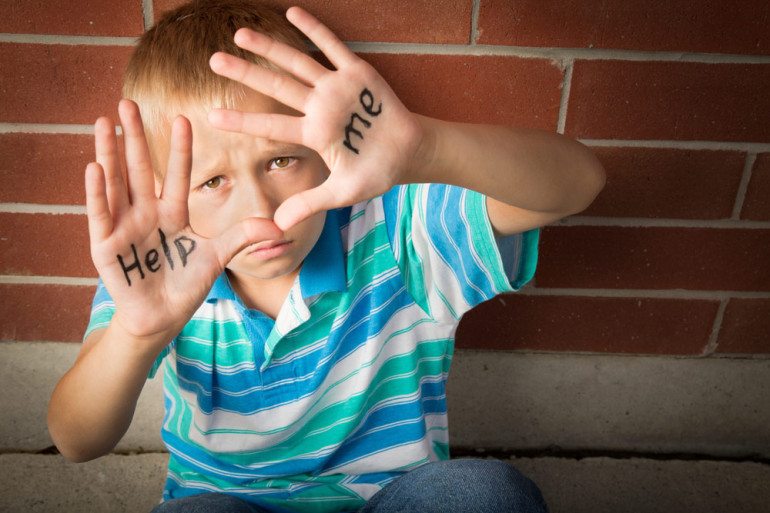Teaching Bystanders to Speak Up to a Bully
Tags: bullying, communication, school
I had a chance to hear Barbara Coloroso speak about bullying last week. She has so much great stuff to say on the topic, but one point stayed with me that I really wanted to share with others. One of the key strategies to defusing a bully is to get the bystanders to speak up and support the target. After all, few of our children will be bullies or targets–but the vast majority of our children will be bystanders. Will they watch passively? Will they cheer on the bully with their laughter and taunt safely from the side lines? Or will they say, “NOT COOL, DUDE.”
If you want your child to speak up as a bystander, then you have to model that. Ask yourself, how do I respond when someone at work or a party or a family gathering makes racist comment? A sexist joke or says fag?
Do YOU speak up? Or do you laugh uncomfortably? When others tell you, “Lighten up–it’s just a joke,” do you say, “That is not funny, and it’s not okay”?
If we expect our teens to have the intestinal fortitude to say, “Not cool dude,” I think we had better start saying it ourselves.



4 Responses to “Teaching Bystanders to Speak Up to a Bully”
Amber @ VancouverMom.ca
This is an excellent reminder. I love Barbara Coloroso, but I haven’t read her work on bullying. I clearly need to!
Stephanie
Well said, Alyson! However, what can a bystander say when the bully is a parent? That brings up a whole lot of other issues, sadly.
Stephanie
Upon further reflection of the scenario that prompted my comment above, I think often, as parents, we have a lot of mistaken approaches in trying to teach our kids valuable lessons. And we sure don’t need judgement from other parents within earshot. Next time I see someone making threats to their child to leave them or tattle on them or worse, I suppose I’ll offer the PARENT some kind of compassion, to try to break the tension. “People who feel good, do good.”
(Still, there are times when grownups/teachers/parents make children the targets of their own need for control… It can get pretty complicated.)
Alyson Schafer
I have to say – we all do better when we are encouraged, and that means parents too! If we can encourage a fellow discouraged parent we are helping the child too! Thanks for commenting.